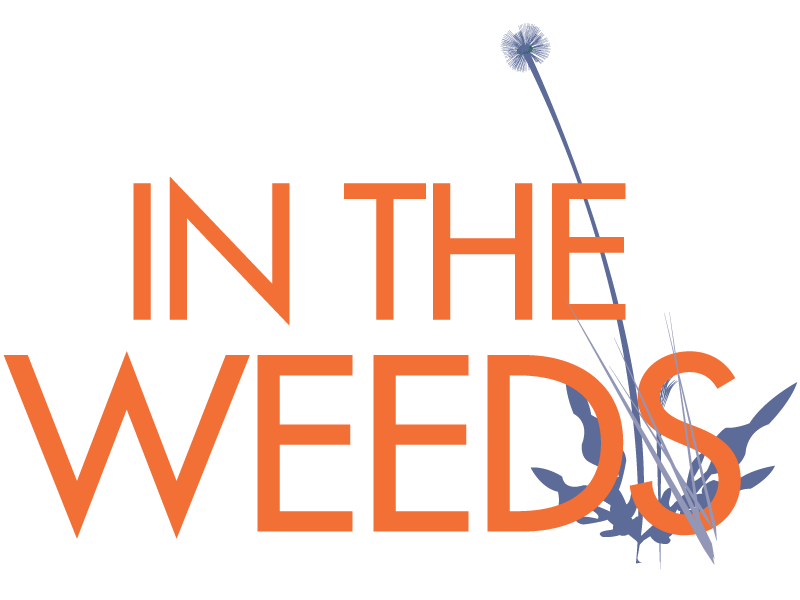The climate crisis has hovered in the background of many of my episodes – and sometimes burst to the fore – but now I’m ready to take it on head-on.
Really, the decision was made for me if you factor in 1) the UN climate report that came out this summer with its “code red for humanity” warnings; 2) this summer’s raging fires, floods and heatwaves that made us aware that the crisis is already very much here and will affect us all; 3) the fact that Congress is deliberating over the most-ambitious climate legislation we’ve ever seen; and 4) COP26, the UN Climate Change Conference, that will convene in Glasgow in a month.
So, deep breaths.
As always, I will be focused on the intersection of nature and culture. The climate crisis represents the ultimate collision of the two, given that we live in a culture shaped by the Industrial revolution, the impact of which is, in turn, reshaping the natural world. These days, we’re aware that our Frankensteinian culture is about to bite us in the butt – thus words like “sustainable” have been replaced by the buzzword “resilience.” One might see a certain irony here: clearly, we no longer see ourselves as dominating the natural world in quite the same way. At any rate, there is an uneasy awareness that we are, once again, vulnerable to the forces of nature.
Saying that I will take the climate crisis “head on” is perhaps not the right way to put it, because, climate change is not a singular problem but a many-headed beast. Nor will my approach will have a clear beginning, middle or end. Instead, we will muddle our way through, trying to pay attention to the limitations of our culture in being able to address the problem but also the ways in which we might be able to leverage our cultural skills in the fight.
